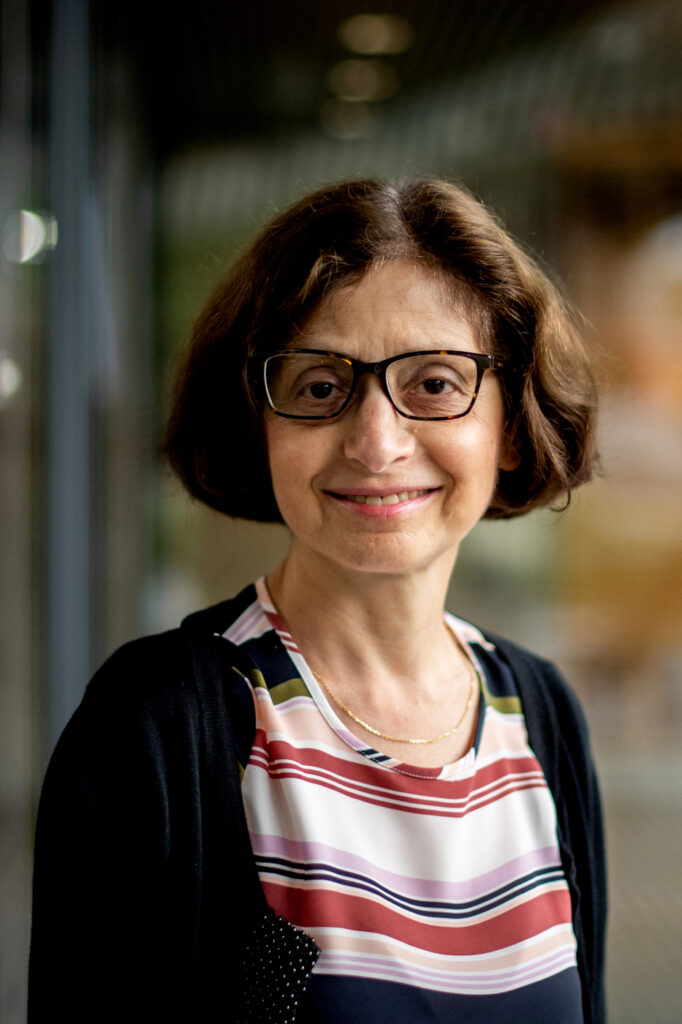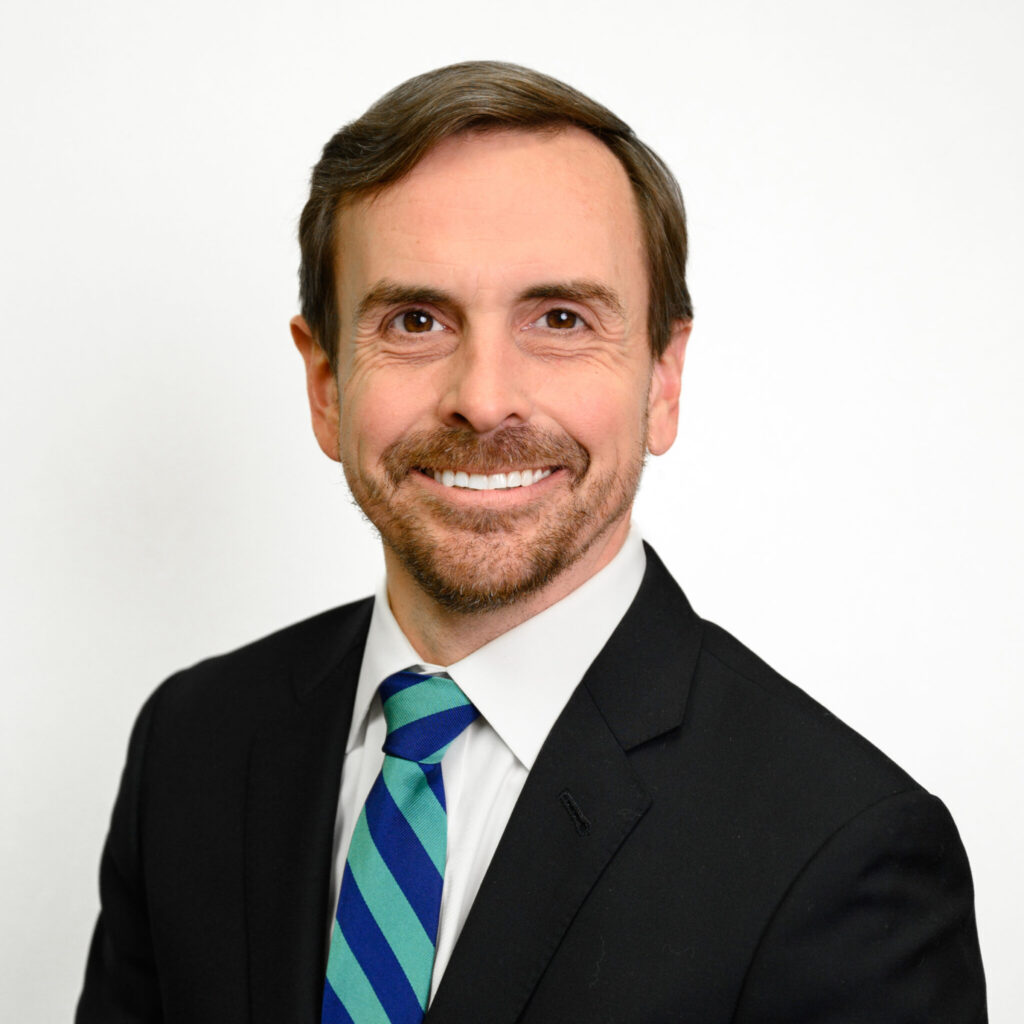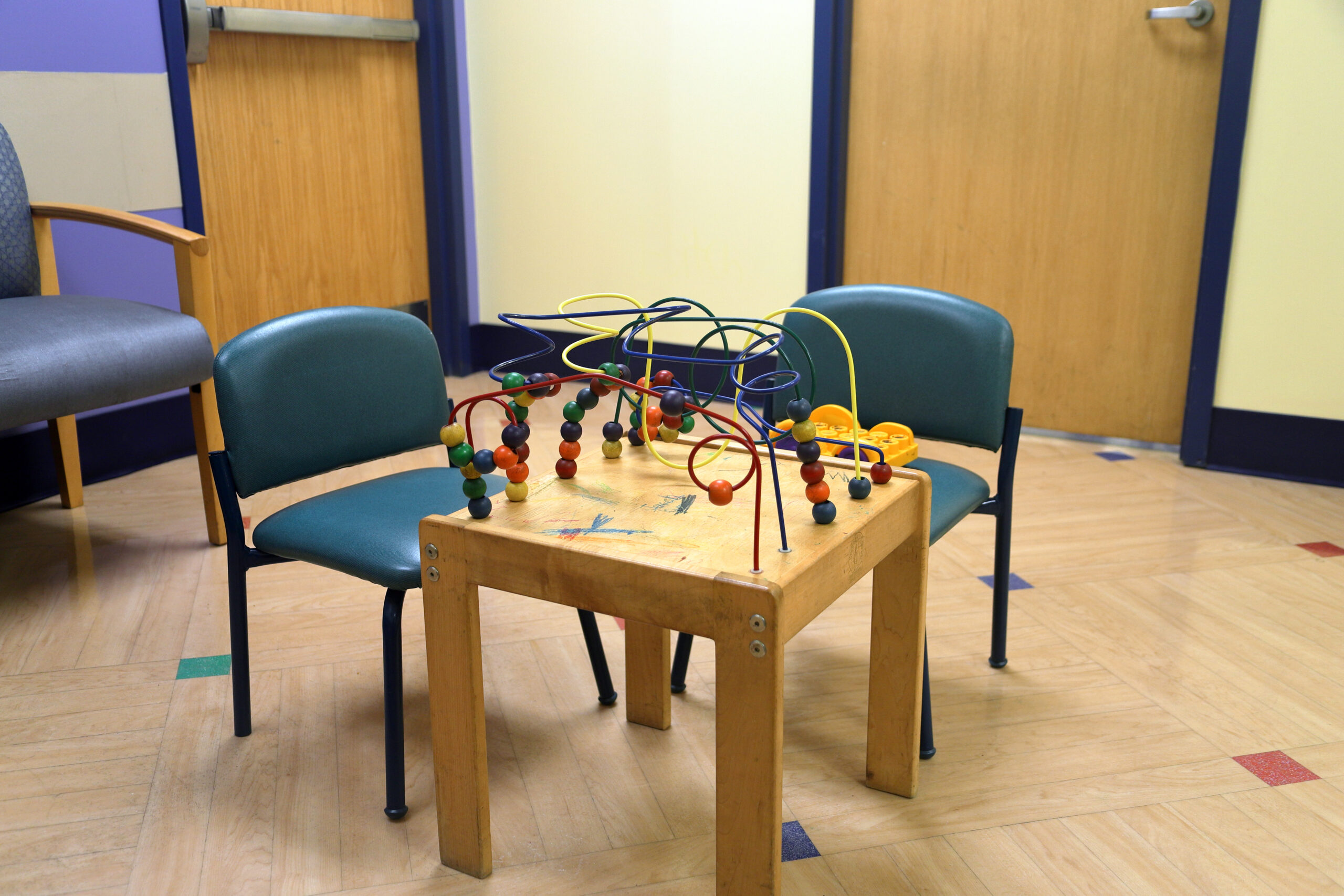Videos
Speakers

Nahid Bhadelia
Founding Director, CEID; Founding Director, BEACON; Associate Professor, Infectious Diseases, Boston University School of Medicine; Adjunct Associate Professor, Global Health Security, Boston University Frederick S. Pardee School of Global Studies
Dr. Bhadelia is the founding director of BU Center on Emerging Infectious Diseases. She is a board-certified infectious diseases physician and an Associate Professor at the BU School of Medicine. She served the Senior Policy Advisor for Global COVID-19 Response for the White House COVID-19 Response Team in 2022-2023, where she coordinated the interagency programs for global COVID-19 vaccine donations from the United States and was the policy lead for Project NextGen, $5B HHS program aimed at developing next generation vaccines and treatments for pandemic prone coronaviruses. She also served as the interim Testing Coordinator for the White House MPOX Response Team. She is the Founding Director and co-founder of Biothreats Emergence, Analysis and Communications Network (BEACON), an open source outbreak surveillance program.
Between 2011-2021, Dr. Bhadelia helped develop and then served as the medical director of the Special Pathogens Unit (SPU) at Boston Medical Center, a medical unit designed to care for patients with highly communicable diseases, and a state designated Ebola Treatment Center. She was previously an associate director for BU’s maximum containment research program, the National Emerging Infectious Diseases Laboratories. She has provided direct patient care and been part of outbreak response and medical countermeasures research during multiple Ebola virus disease outbreaks in West and East Africa between 2014-2019. She was the clinical lead for a DoD-funded viral hemorrhagic fever clinical research unit in Uganda, entitled Joint Mobile Emerging Disease Intervention Clinical Capability (JMEDICC) program between 2017 and 2022. Currently, she is a co-director of Fogarty funded, BU-University of Liberia Emerging and Epidemic Viruses Research training program. She was a member of the World Health Organization(WHO)’s Technical Advisory Group on Universal Health and Preparedness Review (UHPR). She currently serves as a member of the National Academies Forum on Microbial Threats and the Standing Committee on Emerging Infectious Diseases and 21st Century Health Threats. She previously served as the chair of the National Academies Workshop Committee for Potential Research Priorities to Inform Readiness and Response to Highly Pathogenic Avian Influenza A (H5N1) and member of the Ad Hoc Committee on Current State of Research, Development, and Stockpiling of Smallpox Medical Countermeasures. She is also a member of the Pan American Health Organization’s Strategic Advisory Group on Epidemic and Pandemic Prevention and Preparedness.
Dr. Bhadelia’s research focuses on operational global health security and pandemic preparedness, including medical countermeasure evaluation and clinical care for emerging infections, diagnostics evaluation and positioning, infection control policy development, and healthcare worker training. She has health system response experience with pathogens such as H1N1, Zika, Lassa fever, Marburg virus disease, and COVID-19 at the state, national, and global levels.
Dr. Bhadelia has served on state, national, and interagency groups focused on biodefense priority setting, development of clinical care guidelines, and medical countermeasures research. She has served as a subject matter expert to the US Centers for Disease Control and Prevention, Department of Defense (DoD), White House Office of Science and Technology Policy (OSTP) and World Bank. She is an adjunct professor at Fletcher School of Law and Diplomacy at Tufts University since 2016, where she teaches on global health security and emerging pathogens.
She has publications in Nature, Science, New England Journal of Medicine and other prestigious journals, as well as in press including Washington Post, and The Atlantic and Time magazines. Her work has been featured in documentaries by National Geographic as well as NOVA. She was an NBC/MSNBC medical contributor between 2020-2022 during the COVID-19 pandemic.

Rekha Lakshmanan
Chief Strategic Officer at The Immunization Partnership in Houston; Center for Health and Biosciences Nonresident Scholar, Rice University’s Baker Institute for Public Policy
Rekha Lakshmanan is chief strategic officer at The Immunization Partnership (TIP) in Houston and a nonresident scholar for the Center for Health and Biosciences at Rice University’s Baker Institute for Public Policy. Her work at TIP includes developing and implementing public policy strategies to improve Texas vaccination rates; advising other states and organizations on building grassroots networks; and teaching constituents how to communicate with lawmakers. She is also a frequent speaker on state vaccination policy initiatives.
Prior to TIP, Lakshmanan spent over a decade in the private sector helping health care organizations develop preventative and chronic care protocols to improve health outcomes. Her interests focus on the intersection of politics and policy development, and strategies to advance policy initiatives. She is currently an advisory member of the National Vaccine Advisory Council’s vaccine confidence subcommittee and a board member of The Houston Area Parkinson’s Society.
Lakshmanan holds a master’s degree in health care administration from Texas Woman’s University–Houston Medical Center and a B.A. in government from The University of Texas at Austin.

Michael Osterholm
Regents Professor, McKnight Endowed Chair in Public Health; Director, Center for Infectious Disease Research and Policy, University of Minnesota
Dr. Osterholm is Regents Professor, McKnight Presidential Endowed Chair in Public Health, the director of the Center for Infectious Disease Research and Policy (CIDRAP), Distinguished Teaching Professor in the Division of Environmental Health Sciences, School of Public Health, a professor in the Technological Leadership Institute, College of Science and Engineering, and an adjunct professor in the Medical School, all at the University of Minnesota.
In November 2020, Dr. Osterholm was appointed to President-elect Joe Biden’s 13-member Transition COVID-19 Advisory Board. From June 2018 through May 2019, he served as a Science Envoy for Health Security on behalf of the US Department of State. He is also on the Board of Regents at Luther College in Decorah, Iowa.
He is the author of the New York Times best-selling 2017 book, Deadliest Enemy: Our War Against Killer Germs, in which he not only details the most pressing infectious disease threats of our day but lays out a nine-point strategy on how to address them, with preventing a global flu pandemic at the top of the list.
In addition, Dr. Osterholm is a member of the National Academy of Medicine (NAM) and the Council of Foreign Relations. In June 2005 Dr. Osterholm was appointed by Michael Leavitt, Secretary of the Department of Health and Human Services (HHS), to the newly established National Science Advisory Board on Biosecurity. In July 2008, he was named to the University of Minnesota Academic Health Center’s Academy of Excellence in Health Research. In October 2008, he was appointed to the World Economic Forum Working Group on Pandemics.
From 2001 through early 2005, Dr. Osterholm, in addition to his role at CIDRAP, served as a Special Advisor to then–HHS Secretary Tommy G. Thompson on issues related to bioterrorism and public health preparedness. He was also appointed to the Secretary’s Advisory Council on Public Health Preparedness. On April 1, 2002, Dr. Osterholm was appointed by Thompson to be his representative on the interim management team to lead the Centers for Disease Control and Prevention (CDC). With the appointment of Dr. Julie Gerberding as director of the CDC on July 3, 2002, Dr. Osterholm was asked by Thompson to assist Dr. Gerberding on his behalf during the transition period. He filled that role through January 2003.
Previously, Dr. Osterholm served for 24 years (1975-1999) in various roles at the Minnesota Department of Health, the last 15 as state epidemiologist. He has led numerous investigations of outbreaks of international importance, including foodborne diseases, the association of tampons and toxic shock syndrome, and hepatitis B and HIV in healthcare settings.
Dr. Osterholm was the principal investigator and director of the NIH-supported Minnesota Center of Excellence for Influenza Research and Surveillance (2007-2014) and chaired the Executive Committee of the Centers of Excellence Influenza Research and Surveillance network.
Dr. Osterholm has been an international leader on the critical concern regarding our preparedness for an influenza pandemic. His invited papers in the journals Foreign Affairs, the New England Journal of Medicine, and Nature detail the threat of an influenza pandemic before the recent pandemic and the steps we must take to better prepare for such events. Dr. Osterholm has also been an international leader on the growing concern regarding the use of biological agents as catastrophic weapons targeting civilian populations. In that role, he served as a personal advisor to the late King Hussein of Jordan. Dr. Osterholm provides a comprehensive and pointed review of America’s current state of preparedness for a bioterrorism attack in his New York Times best-selling book, Living Terrors: What America Needs to Know to Survive the Coming Bioterrorist Catastrophe.
The author of more than 315 papers and abstracts, including 21 book chapters, Dr. Osterholm is a frequently invited guest lecturer on the topic of epidemiology of infectious diseases. He serves on the editorial boards of nine journals, including Infection Control and Hospital Epidemiology and Microbial Drug Resistance: Mechanisms, Epidemiology and Disease, and he is a reviewer for 24 additional journals, including the New England Journal of Medicine, the Journal of the AmericanMedical Association, and Science. He is past president of the Council of State and Territorial Epidemiologists (CSTE) and has served on the CDC’s National Center for Infectious Diseases Board of Scientific Counselors from 1992 to 1997. Dr. Osterholm served on the IOM Forum on Microbial Threats from 1994 through 2011. He has served on the IOM Committee on Emerging Microbial Threats to Health in the 21st Century and the IOM Committee on Food Safety, Production to Consumption, and he was a reviewer for the IOM Report on Chemical and Biological Terrorism. As a member of the American Society for Microbiology (ASM), Dr. Osterholm has served on the Committee on Biomedical Research of the Public and Scientific Affairs Board, the Task Force on Biological Weapons, and the Task Force on Antibiotic Resistance. He is a frequent consultant to the World Health Organization (WHO), the National Institutes of Health (NIH), the Food and Drug Administration (FDA), the Department of Defense, and the CDC. He is a fellow of the American College of Epidemiology and the Infectious Diseases Society of America (IDSA).
Dr. Osterholm has received numerous honors for his work, including an honorary doctorate from Luther College; the Pump Handle Award, CSTE; the Charles C. Shepard Science Award, CDC; the Harvey W. Wiley Medal, FDA; the Squibb Award, IDSA; Distinguished University Teaching Professor, Environmental Health Sciences, School of Public Health, UMN; the Wade Hampton Frost Leadership Award, American Public Health Association, and the American Medical Association for Outstanding Government Service. He also has been the recipient of six major research awards from the NIH and the CDC.

Wendy Parmet
Matthews Distinguished University Professor of Law, Faculty Director, Center for Health Policy and Law, Northeastern University School of Law
Wendy E. Parmet is the George J. and Kathleen Waters Matthews Distinguished Professor of Law at Northeastern University, where she is the faculty director of the Center for Health Policy and Law and co-PI on the Salus Populi project. The author of over one hundred law review and peer reviewed articles, her most recent book is Constitutional Contagion: COVID, The Courts and Public Health (Cambridge University Press, 2023). Prof. Parmet is also the Associate Editor for Law & Ethics for the American Journal of Public Health. In 2016, she received the Jay Healey Teaching Award from the American Society of Law & Medicine; in 2022 she was awarded the Lifetime Achievement in Public Health Law Award from the American Public Health Association’s Section on Public Health Law.

Jason Schwartz
Associate Professor, Yale School of Public Health
Jason L. Schwartz, PhD, is an Associate Professor in the Department of Health Policy and Management at the Yale School of Public Health. His research examines vaccines and vaccination policy, decision-making in medical regulation and public health policy, and the structure and function of scientific expert advice to government. The overall focus of his work is on the ways in which evidence is interpreted, evaluated, and translated into regulation and policy in medicine and public health and the role of ethics and values in those activities. His publications have appeared in NEJM, JAMA, BMJ, The Lancet, Annals of Internal Medicine, Health Affairs and other journals in medicine, public health, and health policy. He is a graduate of Princeton University, where he received an A.B. in classics, and the University of Pennsylvania, where he received a Ph.D. in the history and sociology of science and a master’s degree (MBE) in bioethics.
